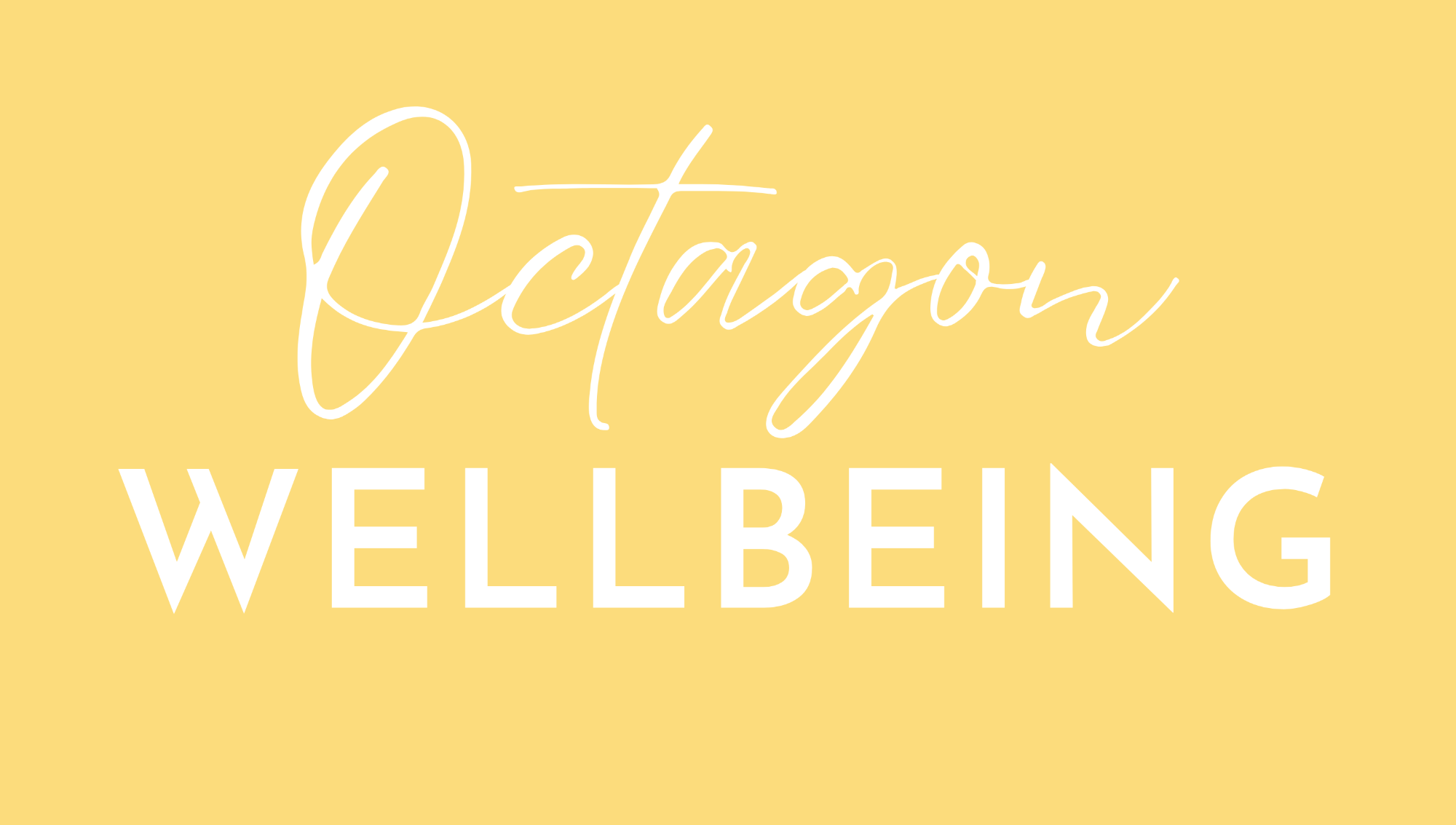Are you a catastrophiser?
Posted on
Have you ever caught yourself spiralling into a series of negative thoughts that seem to only focus on the worst-case scenario? If so, you may be guilty of catastrophizing. This type of negative thinking is characterised by an excessive fear of future events and an overestimation of the likelihood and severity of potential negative possibilities. In this blog post, we'll take a closer look at what catastrophizing is, how it can affect your mental health and well-being, and five signs that you may be a catastrophiser.
Signs that you may be a catastrophiser
1. You tend to exaggerate negative events: Catastrophisers often blow small issues out of proportion and turn them into major catastrophes. For example, getting a low score on a test can lead them to believe that they're going to fail the entire course.
2. You constantly worry about the future: Catastrophisers have a hard time staying present in the moment because they're always anticipating the worst. They tend to think in terms of "what if" scenarios, and their minds often jump to the worst-case outcome.
3. You feel overwhelmed by anxiety: The constant worrying and negative thinking can take a toll on your mental health. Catastrophisers may experience symptoms of anxiety such as sweating, racing thoughts, and a fast heartbeat.
4. You struggle to manage stress: Because catastrophizers have a hard time keeping things in perspective, they may feel overwhelmed by even small stressors. This can lead to a constant state of stress and impact your overall happiness and wellbeing.
5. You have a negative outlook on life: Catastrophizers often see the world through a negative lens. They focus on what's going wrong and struggle to see the positive aspects of their life. This can lead to a sense of hopelessness and despair.
The effects of catastrophising on your wellbeing
1. Anxiety: Catastrophising can increase anxiety levels by causing us to worry excessively about future events that are unlikely to occur. The more we think about negative outcomes, the more anxious we become, and the more difficult it is to relax.
2. Depression and low mood: When we catastrophise, we often focus on the negative aspects of a situation and ignore any positives. This can lead to feelings of hopelessness and helplessness, which are common symptoms of depression or low mood.
3. Stress: Constantly imagining worst-case scenarios can be stressful and draining. The stress caused by catastrophizing can affect our physical health as well, leading to issues like high blood pressure and headaches.
4. Relationship issues: If you’re a chronic catastrophiser, your negative outlook can put a strain on your relationships. Constantly expressing your fears and worries can be exhausting for others, and they may become frustrated or irritated by your negativity.
5. Self-doubt: Catastrophising can also lead to feelings of self-doubt and insecurity. When we focus on negative outcomes, we may start to question our ability to handle challenges and overcome obstacles.
It's important to note that everyone experiences negative thinking from time to time, but if you find that these signs are consistently impacting your mental health and wellbeing, it may be time to seek help.

Add a comment: